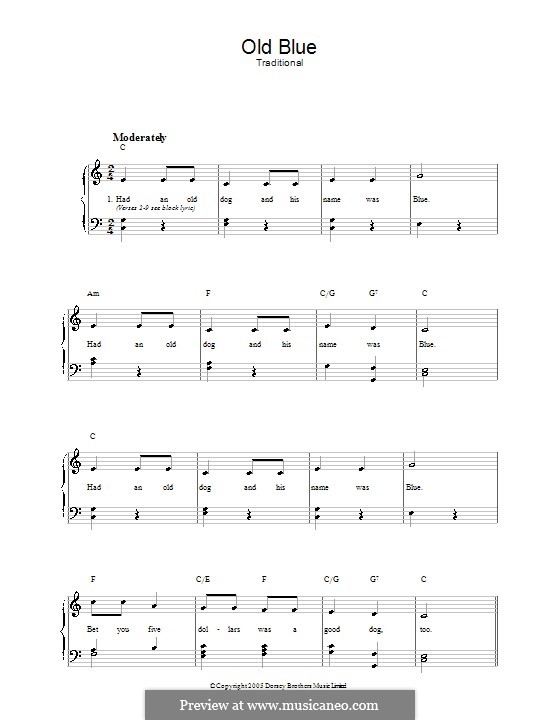

Zadie Smith, writing an essay to help her understand why, though she mostly only loved soul music, Blue got to her, made this point as well as anybody: "I can't listen to Joni Mitchell in a room with other people, or on an iPod, walking the streets. So, cellophane makes sense: There's pathos in its thin plasticity. Blue has a particular effect on people it softens our defenses. It's virtually impossible to find an account of Blue from the last 50 years that doesn't include that quote. As usual, her gift for choosing exactly the right image to put the listener deep inside a story blew everything else out of the room. Mitchell said this in 1979, to Rolling Stone writer Cameron Crowe. But the advantage of it in the music was that there were no defenses there either." I felt like I had absolutely no secrets from the world and I couldn't pretend in my life to be strong. I felt like a cellophane wrapper on a pack of cigarettes. At that period of my life, I had no personal defenses.

"The Blue album, there's hardly a dishonest note in the vocals. Over time, enough people put enough pins in the same spot and the music that means so many different things to different people gains an official story. It became a classic - the most beloved Joni album, the most written about, the one that encapsulates the essence of her talent. Mainly one person, who put her process up front in a way that no one had done, exactly, before.ĭespite its vibrating aliveness, over decades, even as Blue continually restored itself and redrew its borders through others' encounters with it, the album's reputation solidified. Sometimes, certainly, it was Joni alone, trying out a new way to hit a low note, or to sing the word "California." This is what people mean when they call Blue "personal." More than most pop albums made in its era of recording-studio innovation, it's very obviously made by people, note by note. Little things, turning struggle into flow: maybe the brush hitting Russ Kunkel's drum, or James Taylor idly strumming a chord progression he'd just laid down on the album he was making across the way. They are monuments that breathe.Įvery time I listen, I feel like I'm there with Mitchell and her small occasional band as they make their choices and take their risks. That's its rare quality, also immanent in the brush strokes of the Japanese shan shui master Sesshu and the voice of Billie Holiday: Their makers' mark is inscribed so delicately in these works, yet so unmistakably, that they feel immortal in a unique way. Its inexhaustible immediacy proves that no artwork ever truly solidifies it changes every time someone new encounters it. So Blue always feels exquisitely unfinished. Honesty, everyone knows, is an impossible ideal, at best provisional. She turned her convictions into the basis of her craft. She also had this idea that she couldn't help but be honest. Joni felt unnervingly alive when she made Blue - the lyrics in its very first song say so - and she wanted to communicate that feeling. As Sylvia Plath said, a woman perfected is marble-white, dead.

Though pristine, Mitchell's songs here don't feel perfect. Stories are what get left behind as their tellers keep living and evolving. That's because what each person alone can say is, in its pure state, incommunicable. Until Blue, Mitchell was getting there, but she hadn't wholly figured out what she alone could say. But it's just as much a document of the process of sharing that heartache, an inquiry into personal storytelling itself. Blue is an album about working through something - a heartache, people say.

It's dribs and drabs and then a rush and then back to staring at the ceiling, wondering if the rush will come back. But the creative process is as mundane as it is miraculous. What happened when Joni Mitchell made Blue? Accounts abound of the recording sessions at the studio owned by A&M Records on North LaBrea Avenue in Hollywood in January 1971, and of the months before, when Mitchell started sharing the songs she'd lay down in that room, saying, hey, listen to this in the hours after the canyon parties wound down and of the time before that, when she wandered from Greek hippie communes to Paris hotel rooms collecting the sex and laughs and loneliness from which the songs would come. I imagine Joni getting ready, again, to explain that masterpiece. Joni Mitchell's Blue, which turns 50 years old on June 22, 2021, is an inquiry into personal storytelling, a document of the process of sharing heartache that changes every time someone hears it.


 0 kommentar(er)
0 kommentar(er)
